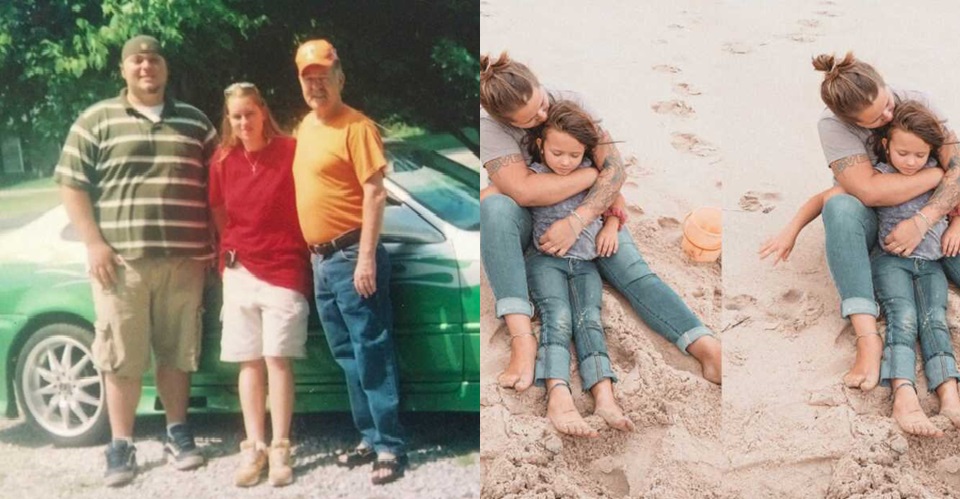Kinship care is love with sturdy boundaries, showing up, holding firm, and choosing a child’s safety and healing day after day. The surprise made sense when she was growing up; no one used that term. In her world, it was simply grandparents (an aunt, uncle, or even an older sibling) stepping in to raise kids when parents couldn’t. In practice, family often came first, even when that meant children’s safety and mental health were pushed to the side. To her, people repeat family patterns not because they love the chaos but because it’s familiar.
Breaking a cycle takes courage, time, and a willingness to rebuild what’s broken. Kinship care is standard for more than one in twenty children in the U.S. who live this reality, yet it’s still misunderstood and under supported. So she explains it plainly: Kinship care was like foster care, but the caregivers were already connected to the child’s relatives, godparents, stepfamily, tribe or clan members, or close family friends.

It could be informal or court-ordered, short-term or permanent, and sometimes it ends in adoption. This was her normal; she saw cousins and friends raised by grandparents, and she herself moved between relatives. Her grandparents took custody at age fourteen until she emancipated at seventeen. Only at the age of twenty-four was she a kinship caregiver. Through this, she not only got permanent custody of her infant half-sister, but the adoption was later confirmed, too. She knows both the beauty and the weight of this path.
Keeping kids within their families can lower trauma and boost chances of reunification. But it succeeds only when people also face the complex parts. In state foster care, caseworkers help set rules that protect children. In kinship settings, those guardrails often don’t exist. Caregivers must be the ones to say no to unsupervised or unplanned contact when parents are dealing with addiction, violence, or instability.

Safety comes first; predictable routines help kids feel steady, especially in messy transitions. Anyone considering stepping in must ask, “Am I ready to hold firm boundaries with my relatives, even if it causes conflict?” Relationships will change, and the family may expect open access to you and the child, but your job was not to please adults; it was to shield a child who can’t protect themselves. Don’t trash parents in front of a child; tell age-appropriate truths.
Friends might drift as your schedule fills with appointments and the extra attention a healing child needs. People who don’t understand trauma may judge behaviors that were really survival responses. Many caregivers lose community just when they need it most. Then there’s the money and training gap. Kinship caregivers seldom get the financial help foster parents receive. Most of the diapers, school supplies, and therapies come from their pockets.

And while foster parents take classes on trauma, connection, and special needs, kin caregivers were often left without guidance, even though the children’s challenges were similar. It’s crucial to accept the sacrifices ahead and never to let the frustration of limited support land on the child. She’s lived through the fallout of missing boundaries, heard the damage in adult rants about a parent while a child listens, and felt the strain when truth and limits split relationships.
She has done the math when money was tight and patience thinner, and she’s heard the “more discipline will fix it” chorus from people who don’t understand trauma. She knows, and she wants others to know, too. There was hope, and everyone could help. If you’re not a kin caregiver but know one, show up. If you can’t babysit, pay for a sitter. Drop off a meal or set up a meal train. Leave a box of diapers on the porch. Invite them, and extend grace if they’re late or can’t make it. Offer a ride, a skill, a spare car, a month of childcare, anything that meets a real need. If you were a kin caregiver, build your village.

Ask plainly for help: clothes, formula, hands. If your circle can’t rally, try churches, food banks, and local programs that connect families to support. Some days would flatten you. Some victories would make you weep with relief. Kids may push you away to see if you’ll stay, and after having kids, life might revolve around losing sleep and even yourself, but remember always to keep going. And when a child begins to feel safe because you held the line with love, you’ll know why it was worth it.












